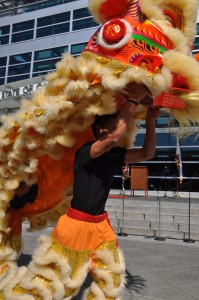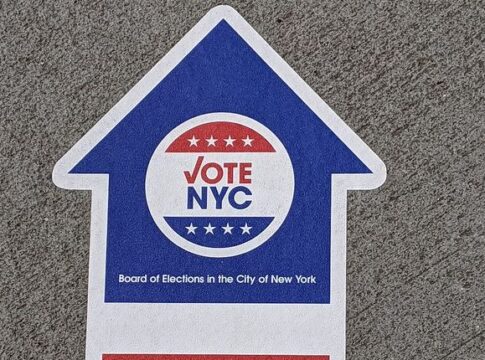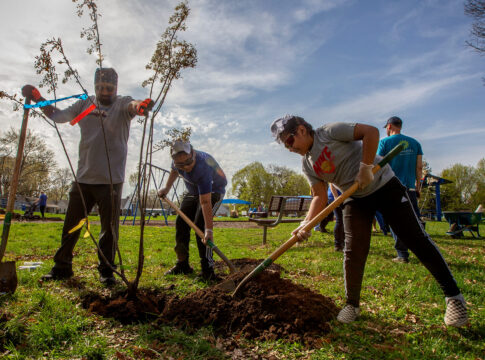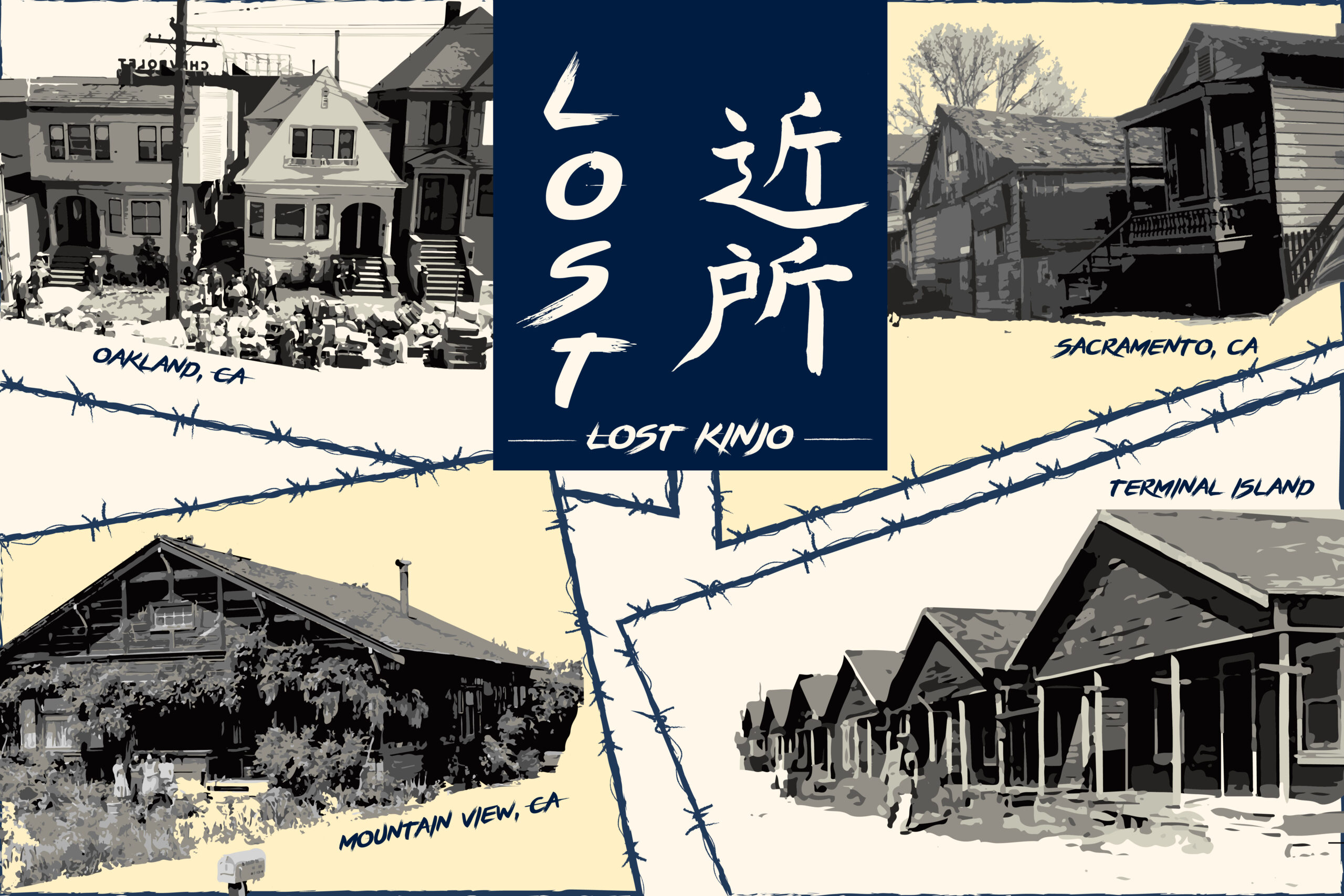 (Note from the editor: Beginning on Friday, the Lunar New Year will be celebrated in various Asian countries and here by Asian Americans in the United States. AsAmNews has asked several readers to share the significance of the Lunar New Year to their families. In this installment, Brandon Louie talks about the importance of Chinese New Year to a third generation Chinese American).
(Note from the editor: Beginning on Friday, the Lunar New Year will be celebrated in various Asian countries and here by Asian Americans in the United States. AsAmNews has asked several readers to share the significance of the Lunar New Year to their families. In this installment, Brandon Louie talks about the importance of Chinese New Year to a third generation Chinese American).
Tell us a little about yourself and your family, Brandon. What generation are you? Where did your first family members immigrate from? What are you currently doing?
My name is Brandon Louie and I was born and raised in Sacramento, the capital city of California.
I consider myself a third generation Chinese American. My father’s parents immigrated to the United States from Taishan, a small coastal city in the Guangdong province of China. My maternal grandmother is from Hong Kong and my maternal grandfather was born in San Francisco, California. Both of my parents were born in Sacramento, as well.
I attended the University of California, Davis, where I graduated in 2008 with a bachelor’s degree in Asian American Studies with an emphasis on Psychology and Sociology. Directly following graduation I began working in state service as a business analyst for the Department of Motor Vehicles (DMV), where I have continued to work since.
LATEST STORIES
For those unfamiliar with Lunar New Year and the Year of the Horse, what is it?
The Lunar New Year, sometimes referred to as the Spring Festival, is the most important and longest running holiday in the Chinese culture, lasting a total of fifteen days. Traditionally, the holiday was celebrated to honor one’s ancestors; for this reason, families gather together not only to enjoy each other’s company and but to also pay respects to their forebears, collectively.
Since each year is associated with one of the twelve animals of the Chinese zodiac, this coming Friday, January 31, marks the first day of the Year of the Horse or Chinese Year 4712.
What traditions do you and your family currently follow for Lunar New Year?
A few days before the first day of Chinese New Year, our family performs a thorough cleaning of the entire house. This is done to symbolically sweep away all of the bad luck in order to welcome good fortune into our home. New flowers are purchased and placed throughout our home. In addition, we all get a haircut, buy new clothes and pay off any outstanding debts before New Year arrives.
On Chinese New Year Eve, my father’s side of the family gets together for the annual reunion dinner to close out the old year. Traditional Chinese dishes are prepared, including, but not limited to, steamed fish, black moss (faat choi) and the ubiquitous vegetarian dish known as jai. On the first day of the Chinese New Year, we pay visits to other family members to send our best wishes for the coming year.
A week or so later, our family gets together for another reunion dinner, this time to open the New Year and celebrate the arrival of Spring.
How important is Lunar New Year to your family in comparison to celebrating on January 1?
Although my family still recognizes the New Year on January 1, we don’t celebrate the same way as we do during Chinese New Year. For us, the Chinese New Year is what truly marks a new beginning and is symbolic of the close ties we share with our family members, including those who are alive and ones who have passed on.
For as long as I can remember, I have always been an avid enthusiast and performer of the traditional Chinese lion dance. For over ten years, I have remained an active member of the Chung Mei Lion Dance Troupe based out of Sacramento. Performing the lion dance during Chinese New Year serves as a sense of ethnic pride for me, as I am able to share a small, albeit integral, part of the Chinese culture with those around me.
What are your best memories of Chinese New Year?
My paternal grandfather has been a long time member of the Soo Yuen Benevolent Association, a fraternal organization whose members come from either the Taishan or Kaiping counties in Southern China and who all bear one of the following surnames: Louie, Fong or Kwong. Usually a week or two after the start of the Chinese New Year, our entire family attends the Spring Banquet hosted by the association to help ring in the New Year.
Some of my best memories come from attending these annual Spring Banquets with my family, as they serve as a constant reminder of how strong and close-knit the Chinese community is. When the Chinese first came to the United States, these family associations were formed to help the Chinese get acquainted with their new environment. For me, it’s very comforting to see that such organizations still exist and bring the local Chinese together for the Chinese New Year.
…Oh, and the red envelopes filled with money (lai si). That’s always a bonus!
Do you anticipate the next generation of your family will continue to follow these traditions?
In prior years, I’ve traveled to my grandparents’ villages in Taishan, China as an intern of the Roots: Him Mark Lai Family History Project. Through this enriching program, I was able to see firsthand where they spent their childhood, experience what the conditions in the villages were like and understand why they chose to leave China and settle in a new country.
It’s inevitable that as members of the older generation pass on, so too will the traditions they have brought over with them to the United States. Because I am a strong advocate of preserving my heritage though, I plan to make an earnest effort to follow these same traditions I have learned and continue to celebrate Chinese New Year with the next generations of my family.
Are the traditions of Chinese New Year in the United States different from those followed by those in China?
To my knowledge, even within China itself, the Chinese New Year traditions tend to differ from region to region. Each individual family, regardless of where in China they’re originally from, has their own set of traditions they follow as well. Therefore, as the American culture continues to influence the Chinese living here in the United States, variations of these centuries old traditions constantly evolve.








